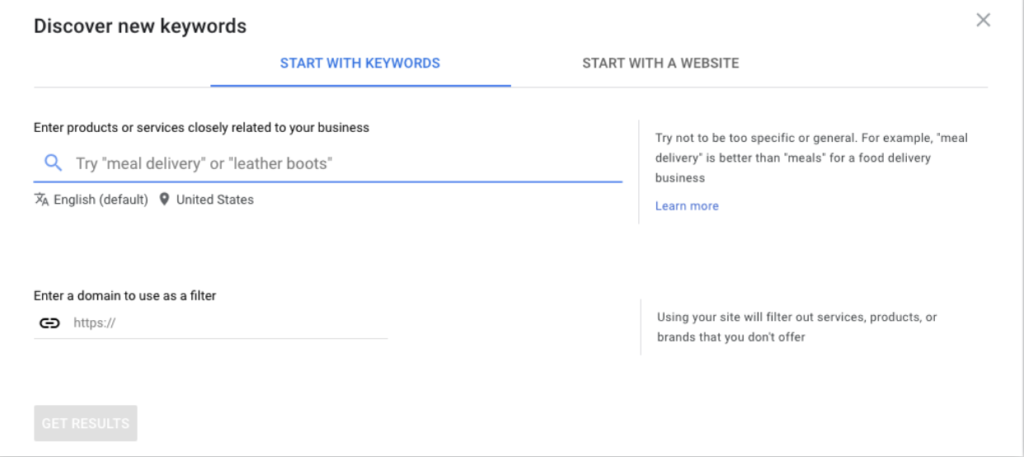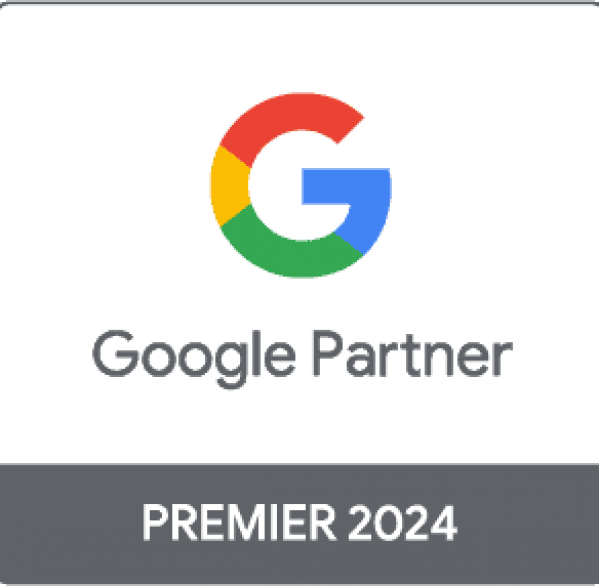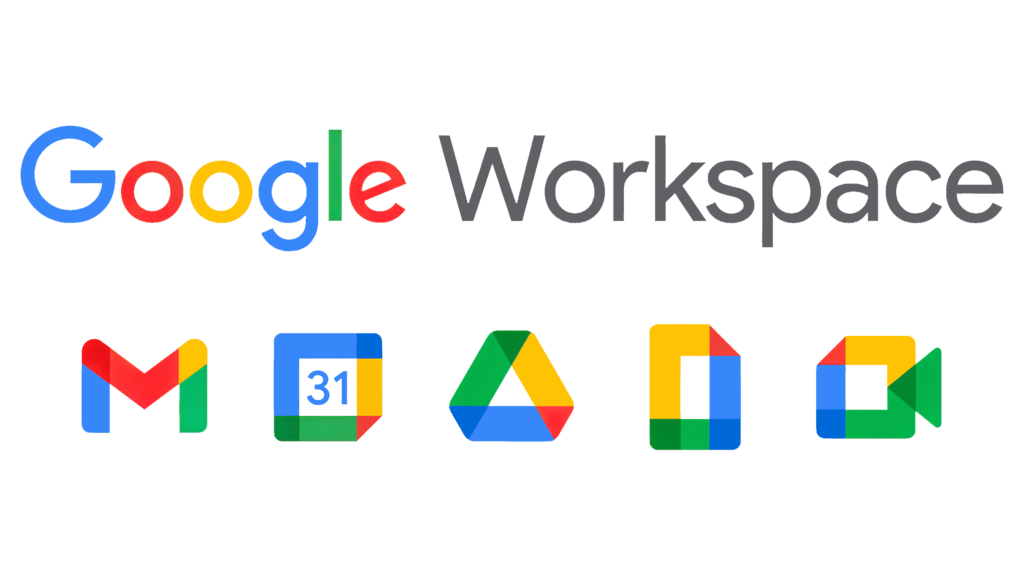If you launch a pay-per-click (PPC) campaign using a bunch of random keywords you think might work, do you know if anyone will click on your ad?
The simple answer is yes. They will.
How do you know it’s the right, targeted, audience that does click on your ad?
But, when you don’t strategize your keywords for your PPC campaign, your ads may get clicks and impressions—but not with the audience you actually want to engage your ads. You can’t expect to hit your KPIs and conversion goals if your ideal audience isn’t seeing your ads.
Instead, you need to create a strong foundational list of keywords to get your ads in front of the people who matter most. This guide will go over the basics of PPC ads, how to do PPC keyword research, and how to adjust your budgets as your campaigns age.
What Is PPC And How Does Keyword Research Affect The Performance Of Your Campaigns?
Pay-Per-Click (PPC) advertising is the general term for online advertising that charges based on visitor clicks. You’ll find PPC ads on search results pages, websites, and social media.
When you build an ad on a platform like Google Ads, you’ll need to choose phrases or words related to your subject, aka keywords. The platform will then try to show the ad to people who search for or visit a website with that keyword.
When you choose keywords that fit your ad, audience, and landing page, you’ll have a better shot at achieving these two goals:
- Message match: Your ads and landing pages will make sense to visitors who search your keywords, guiding them to conversion.
- Audience match: Your platform will show your ad to people interested in the keywords you choose. With more interested viewers, you’ll have a better chance of getting clicks and conversions.
When you choose the wrong keywords, the opposite happens: you’ll look irrelevant at best—and annoying at worst. Worst of all, you will have spent your budget on clicks that didn’t result in any growth for your business.
How To Do PPC Keyword Research
1. Establish A Clear Goal For Your Campaigns
Before you dive into your keyword research process, define your campaign goals. You may already have an idea of what you want your PPC efforts to accomplish, but here are some things to consider:
- Conversion goals: What action do you want visitors to take to move down the conversion funnel?
- Metric goals: How many clicks or conversions do you want to gain in a set time?
These objectives help define your visitor’s search intent—the motive behind the person clicking on your ad. When your keywords, campaign goals, and your visitor’s goal are all aligned, everyone wins, and you are spending your advertising budget optimally.
2. Looking For Keywords With a Tool
You don’t have to take random shots in the dark when it comes to picking your keywords. This does not have to be a guess until you get it right process. There are plenty of tools available (free and paid) you can use to build your keyword list, like:
- Google Keyword Planner (Free)
- Keywords Everywhere (Paid)
- Ahrefs (Paid)
- Spyfu (Paid)
Let’s check out Google Keyword Planner, it’s free and some of the best PPC specialists use it. After you click “Discover new keywords” on Keyword Planner’s landing page, you will see this tool:

You can start with keywords or a website, and Google Keyword Planner will give you some relevant keywords with an estimate of bidding costs and the competition level. Although there are other things to take into consideration when picking keywords, these are good starting metrics to focus on.
3. Taking Keyword Metrics Into Consideration
Speaking of bidding costs and competition, let’s look at two keyword metrics that play a huge role in the performance of your campaigns.
Not all keywords are equal, even if they are relevant to your ads or business. You’ll have to consider monthly search volume and cost per click (CPC) to figure out how effective a keyword can be for you. Here is what that looks like:
- Monthly volume: Number of searches that happen on a keyword per month. High-volume keywords are great for giving your ads more exposure, but you also open yourself up to the challenge of higher competition levels.
- CPC: Cost Per Click is the average price you pay when someone clicks on an ad using that specific keyword. Keywords with higher CPC will often work well, but with any surefire solution, it will cost you more.
When picking your keywords, finding a healthy balance of volume and CPC will help you to bring in optimal clicks while staying within your budgetary limits.
4. See What Is Already Working
While you start to develop a list of keywords, do not forget there is an infinite pool of inspiration available in your market. Don’t feel like you need to start from scratch, research your competitors and incorporate the keywords that make sense to your PPC efforts.
A cool trick you can use to see your competitor’s active keywords is by using Google Keyword Planner. By starting with a competitor’s website URL, and filtering out any of their brand terms, you can generate a great number of initial keywords that already have a history of performing well, just keep in mind that these keywords can have high competition levels, so always take your keyword metrics into account, and be creative when developing your keyword list.
You can also look for high-ranking content by putting yourself in the shoes of the customer. By searching the keywords your customers are using on the platform you are marketing on, you get a first-hand view of what ads rank the highest and what a successful landing page catering to a certain conversion looks like. Pay attention to the first few headers and paragraphs on these pages, these are the most popular places for keywords to be.
No matter how well a keyword performs, there’s always the human factor. Different keywords will work for different people, especially when it comes to location or preferred products. Even with all the keyword research in the world, some trial and error is needed to ensure you are using the keywords that are best for your ads.
5. Target Using Your Data
Now that you have a list of keywords, it’s time to target them at the best searches. Google ads has 3 keyword match settings
- Broad match: This is the default match type and will target your ads to exact matches on your keyword and similar search queries that Google finds are relevant to your exact keyword
- Phrase match: Phrase match uses narrower targeting than broad match by matching phrases in the order you specify. For example, phrase matching “do a kickflip” would bring back “how to do a kickflip,” but not “how to do a heelflip,”
- Exact match: An exact match keyword will only target searches identical to it.
Generally speaking, you want to get more exact with your keyword matching as your customers go down the conversion funnel. As your leads get more specific with their searches, you should get more specific with your targeting.
Adjusting Your PPC Budget And Getting The Most From Your Ad Spend
Depending on the keywords you decide to target, your bidding costs will vary greatly. It’s a common part of the process.
Keyword Planner can help with projecting keyword costs as you pick them. It also has an overall cost projection for the keywords you have picked in the Plan Overview window.
CPC is not the only factor that goes into PPC budget. Cost per conversion and conversion rate are integral in generating better ROIs and it can take a lot of testing to get these numbers in a good place. Keyword research is a huge part of starting your PPC campaigns, but it will always be needed as you look to optimize for these metrics.
To keep an eye on your PPC costs, set up a regular schedule for checking ad costs, cost per conversion, and cost per click. As you run more ad campaigns, and as your existing campaigns age, you will start to recognize patterns that will help you rein in costs before they get out of hand.



















